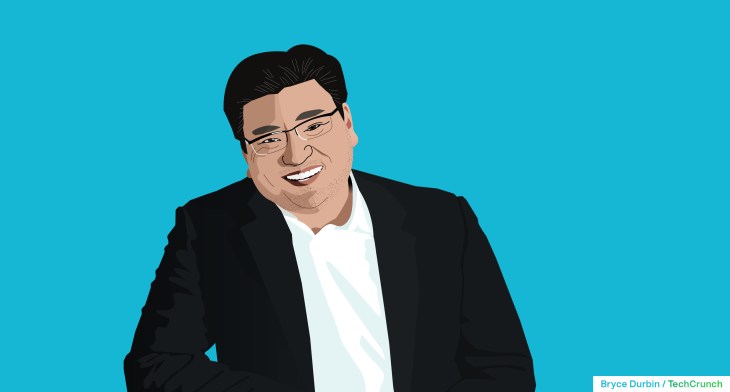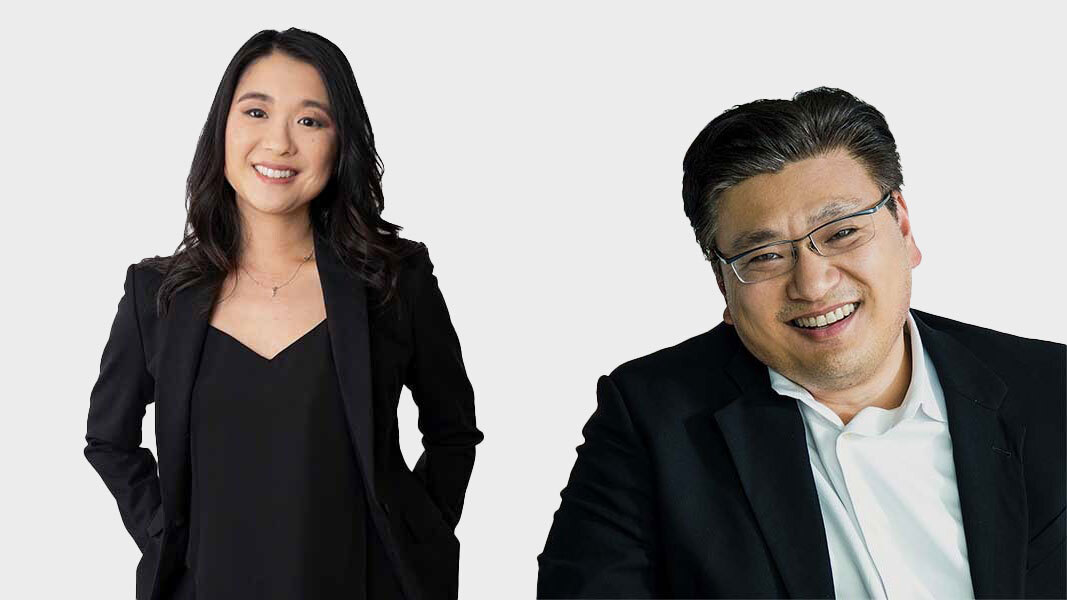Why GGV Capital’s Hans Tung is OK with 2023 being ‘the year of down rounds’

With over $9 billion in assets under management, GGV Capital is one of venture capital’s largest and most prominent players. The 22-year-old firm invests in startups from seed to growth stages across a variety of sectors, including consumer, internet, enterprise/cloud and fintech.
This year was one of the most difficult the startup world has seen in some time, as it forced investors and founders alike to adapt to a drastically different market than they enjoyed in 2021.
To better understand GGV’s position during a challenging venture environment, I sat down with managing partner Hans Tung to get his thoughts on the state of investing today, why he believes that there are “many more large fintechs yet to be built” and that raising a down round “is not the end of the world.”
“It’s not the end of the world if you raise a down round. The only thing that matters is that you end up having a good outcome.” GGV’s Hans Tung
Principal Robin Li also joined the conversation, sharing why she thinks embedded fintech is going to play a crucial role in financial services in the coming years.
An investor for over two decades, Tung has backed the likes of publicly traded BNPL giant Affirm, real estate fintech Divvy Homes, IDwall, Karat, Rupeek, Mexico’s Stori and Turtlemint. Having seen a few cycles, Tung is perhaps less spooked by the current downturn than some other VCs. Li has led Karat Financial and Novo.
[Editor’s note: This interview has been edited for clarity and brevity.]

GGV’s Robin Li and Hans Tung. Image Credits: GGV Capital
How has this year been for you as an active fintech investor?
Tung: We don’t try to time the market. So last year, we didn’t over-invest. There was a lot of internal push away from keeping up pace with others. I think it worked out well since we have plenty of dry powder left and more time to be deliberate this year. We also have time to double down on our existing portfolio as well. That said, we have probably slowed our pace of investing in our global portfolio by about 50% this year versus last year.



